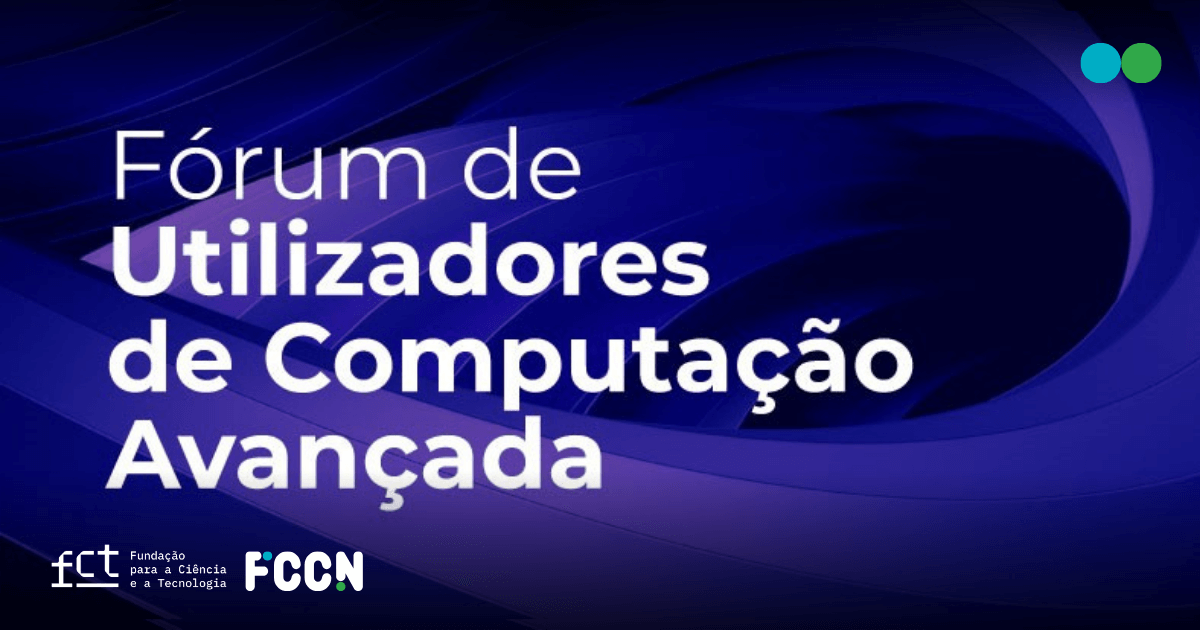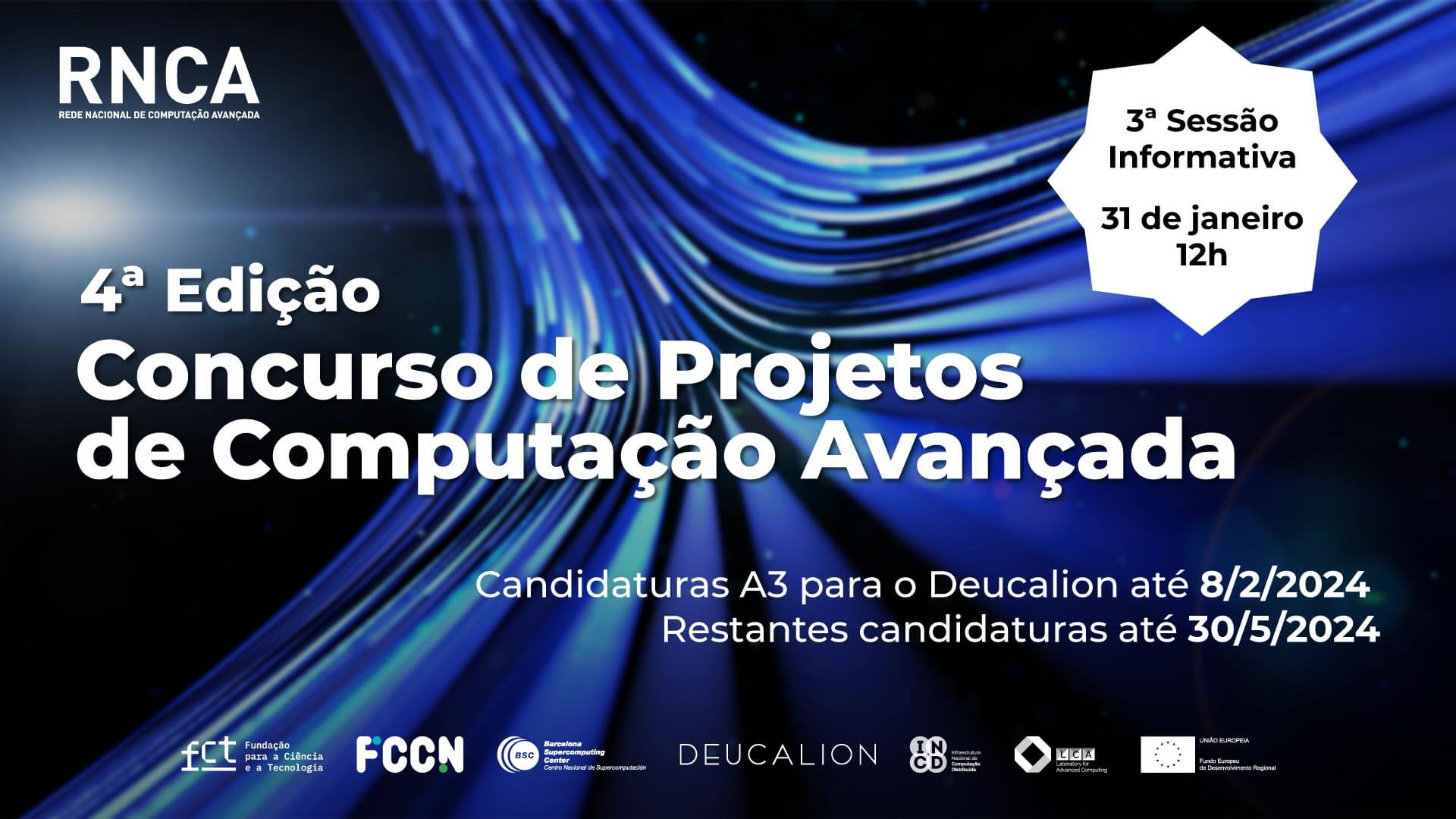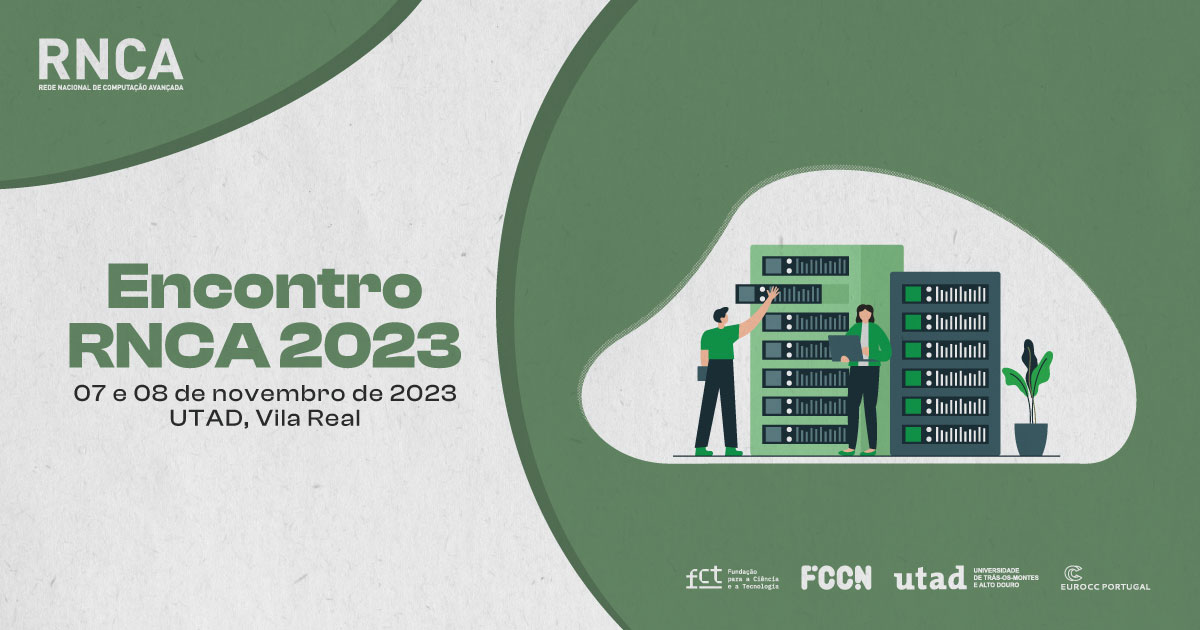Promover e apoiar iniciativas de Ciência Aberta em supercomputação
O Minho Advanced Computer Center é uma infraestrutura colaborativa nacional para promover e apoiar iniciativas de Ciência Aberta em supercomputação, ciência de dados e visualização. É uma infra-estrutura sustentável de computação e dados, destinada a comunidades científicas e industriais nacionais, articulando-se com parceiros internacionais.
A quem se destina?
Podem candidatar-se ao MACC:
- Instituições do ensino superior, seus institutos e unidades de I&D (Investigação e Desenvolvimento);
- Laboratórios do Estado ou internacionais com sede em Portugal;
- Instituições privadas sem fins lucrativos que tenham como objeto principal atividades de I&D;
- Outras instituições públicas e privadas, sem fins lucrativos, que desenvolvam ou participem em atividades de investigação científica;
- Empresas de qualquer natureza e sob qualquer forma jurídica
Características Técnicas
O MACC é o membro principal da RNCA – Rede Nacional de Computação Avançada – e opera um conjunto de recursos tecnológicos do tipo HPC – High Performance Computing, para serem usados pelas comunidades de investigação, tecnologia e inovação/indústria.
O MAAC for criado em Novembro de 2017 através de um acordo celebrado entre a FCT, a Universidade do Minho e a Universidade do Texas em Austin (EUA) que gere um dos maiores centros de supercomputação mundiais do setor da academia, o TACC – Texas Advanced Computing Center.
Recursos do MACC
“BOB” – Supercomputador inaugurado em julho 2019. O atual sistema é parte do supercomputador Stampede 1 do TACC – Texas Advanced Computing Center e recebeu o nome de “Bob”
- Supercomputador com 800 compute-nodes e 12800 cores.
- Cada nó tem dois processadores Intel 8-cores “Sandy Bridge” Xeon a 2.7Ghz com 32GB de RAM.
- Todos os nós estão integrados numa rede InfiniBand Mellanox FDR 56 Gb/s
- O Bob utiliza um sistema de ficheiros partilhado (Lustre) com 1,5 PB.
Software: Veja a Lista atualizada
DEUCALION – O Novo Supercomputador a ser instalado em 2020/2021












